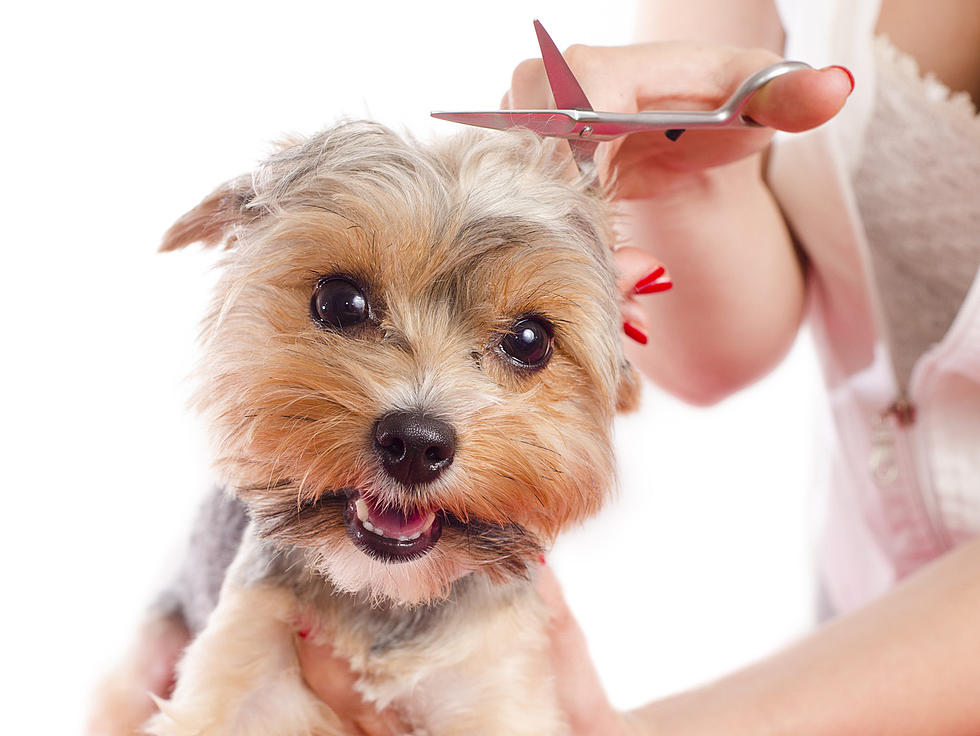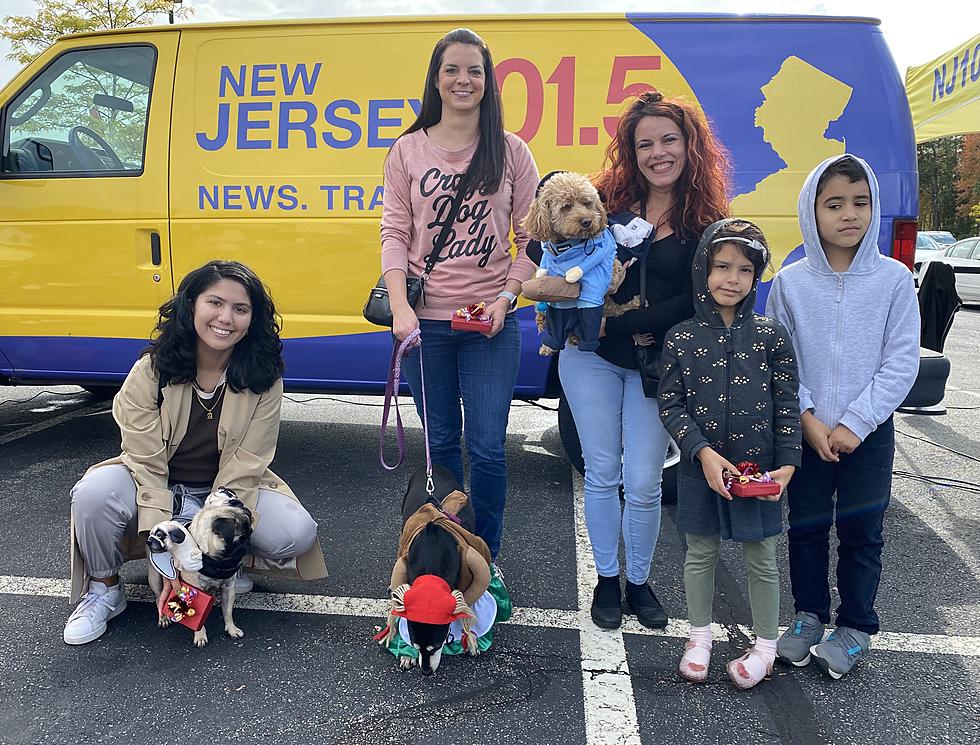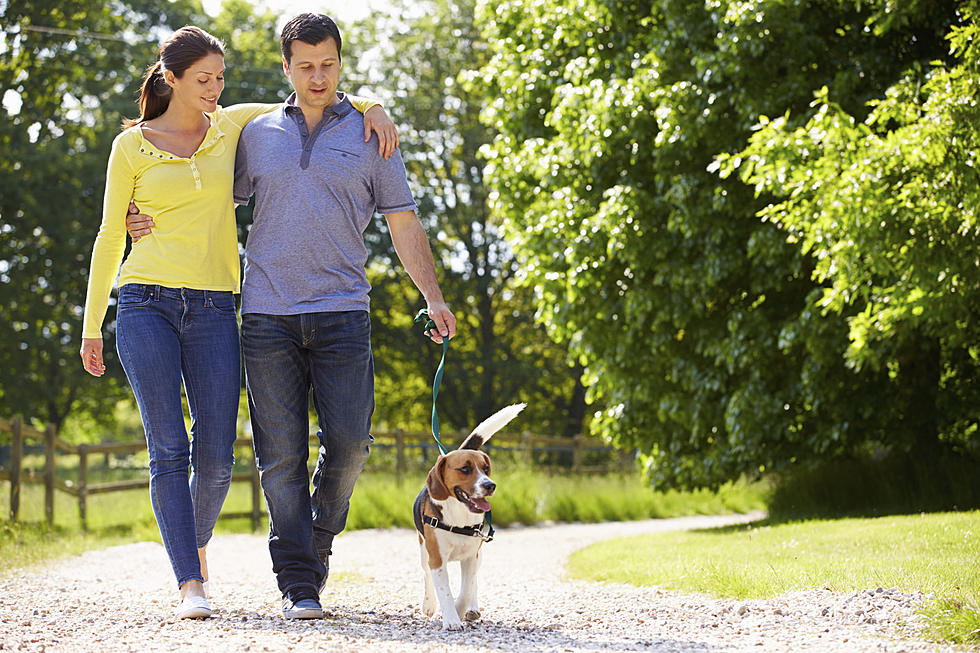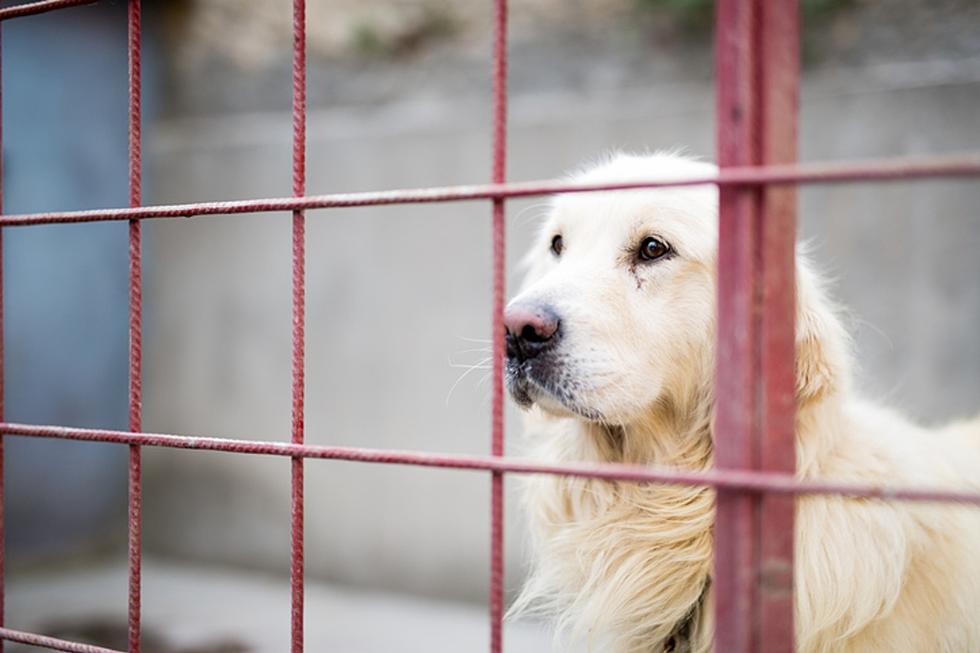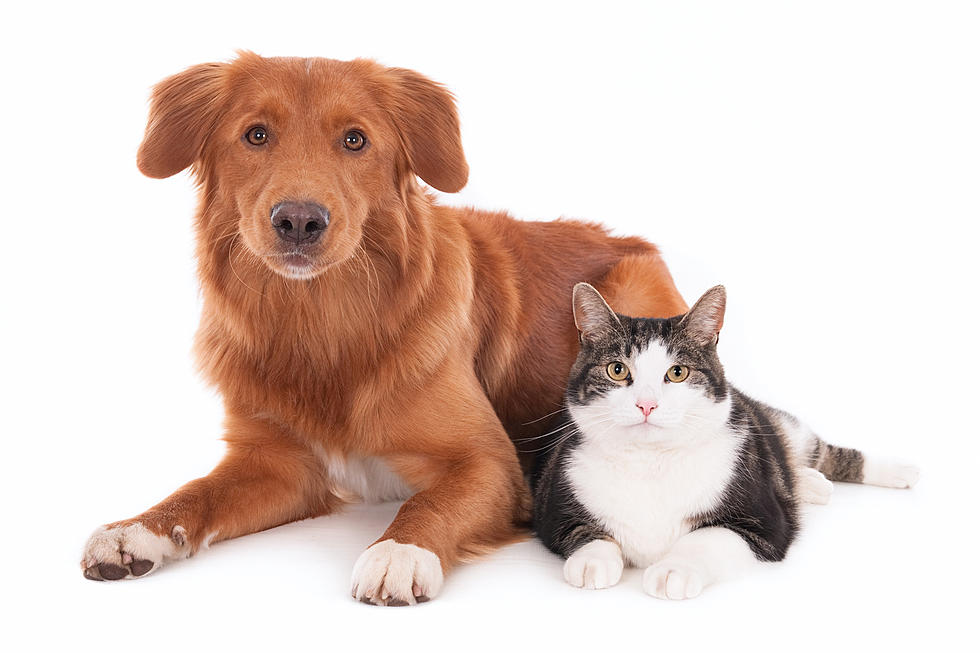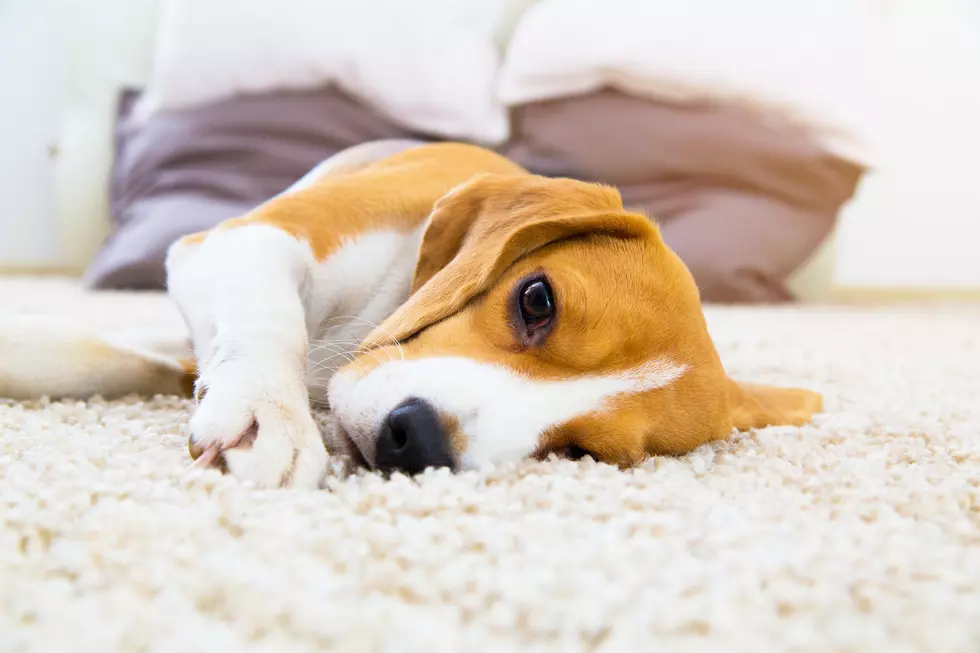
Fat camps offer pudgy pets ‘pawlates’ to slim down
It's not just a people problem: Growing rates of obesity in pets have led to the emergence of fat farms offering "pawlates," "doga" and "Barko Polo," doggie versions of Pilates, yoga and Marco Polo to help slim down man's best friend.
In the U.S., 53 percent of dogs are overweight or obese, up from 45 percent four years ago. In cats, the figure is almost 58 percent, said Dr. Ernie Ward, a veterinarian and founder of the Association of Pet Obesity Prevention in Calabash, North Carolina. Overweight pets can suffer diabetes, joint problems, heart disease and decreased life expectancy, just like obese people, he said.
Most luxury pet hotels and spas nationwide will customize a fitness program for a pudgy dog or cat, but only a few facilities have fat camps for large groups.
For golden retriever Ceili, it was easy to fatten up when living with a boy who pushed tasty morsels over the edge of his high chair. The extra weight led Eileen Bowers of Bedminster, New Jersey, to sign up the more than 100-pound pooch for a five-day fitness camp last month at Morris Animal Inn.
Besides the "pawlates," the camp was filled with swimming, nature hikes, treadmill trots, facials, massages and healthy treats like organic granola, string beans and carrots. It was designed to give Ceili and 40 other dogs a head start on a healthier life, said Debora Montgomery, the New Jersey facility's spokeswoman.
Wonder how you get a dog to do a downward dog? You wouldn't even recognize that yoga pose in the canine version. "Doga" and "pawlates" are a lot alike - both are about stretching while building strength, balance and flexibility. In "doga," stretches are close to the ground, while "pawlates" uses higher balance equipment like large exercise balls, Montgomery said.
And the "Barko Polo" pool game varies from its human inspiration: A staffer will shout "barko" and whichever dog-paddling pooch yelps first gets a toy.
In all activities, "the dogs work for their meals. We praise and make the sessions fun and interactive," Montgomery said. After the cardio come the doggie facials: a cleansing massage that wipes away organic food crumbs and exercise-induced slobber.
Bowers started sending her dog to the Morris facility months ago when Ceili hit 126 pounds. Usually, female golden retrievers weigh between 55 and 70 pounds, Montgomery said. Ceili got down to 118 but went to camp to lose more.
"We want her to be around for a long time," Bowers said, adding that her 2-year-old son is more interested in running than throwing food these days.
Those extra treats are a culprit in canine obesity rates, besides a lack of exercise, Ward said. Over 80 percent of owners give dogs two or more snacks a day.
He compared the rising problem to the same trend in kids.
"Children and cats and dogs don't feed themselves," Ward said. "We treat our pets like children."
The facilities help pet owners too busy for long walks or unable to afford a swimming pool or treadmill. Morris Animal Inn charges $59 a day or $249 for five days with all the amenities. It has offered two or three camps a year since 2009.
But as programs have cropped up to meet demand, so have slick imitators that compromise safety for quick cash. Before sending a pet to a fat farm or boarding facility, do some research to ensure they are legitimate, Ward warned.
"Safety is more important when you are dealing with an overweight pet because they are more prone to injury and distress than a leaner, fitter pet," he said.
More From New Jersey 101.5 FM
